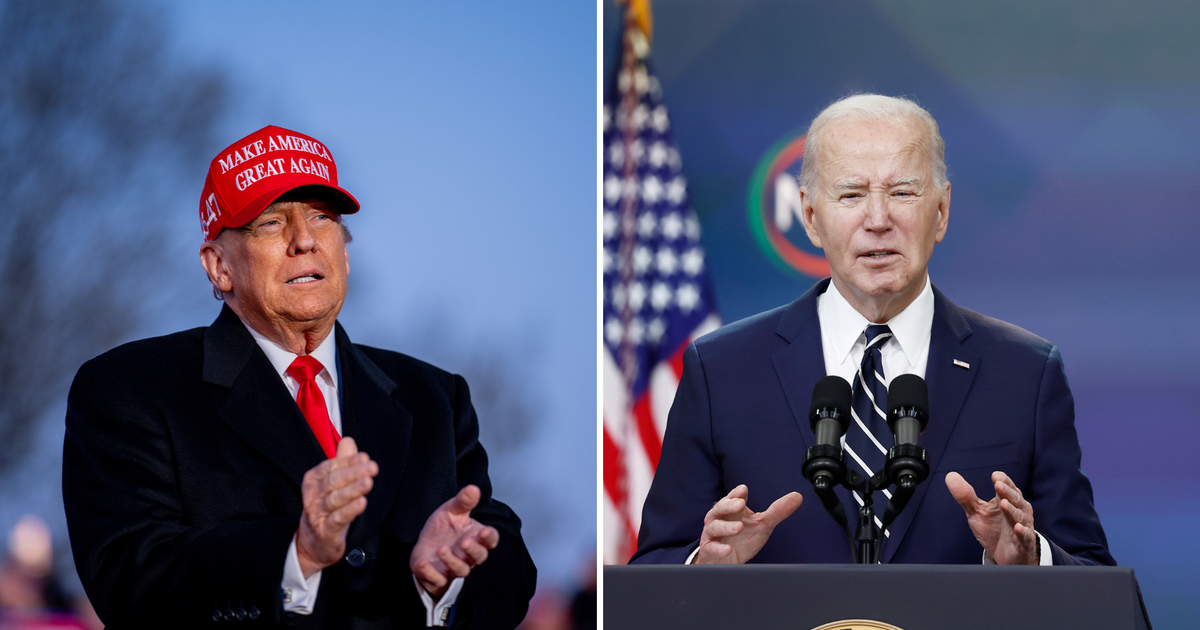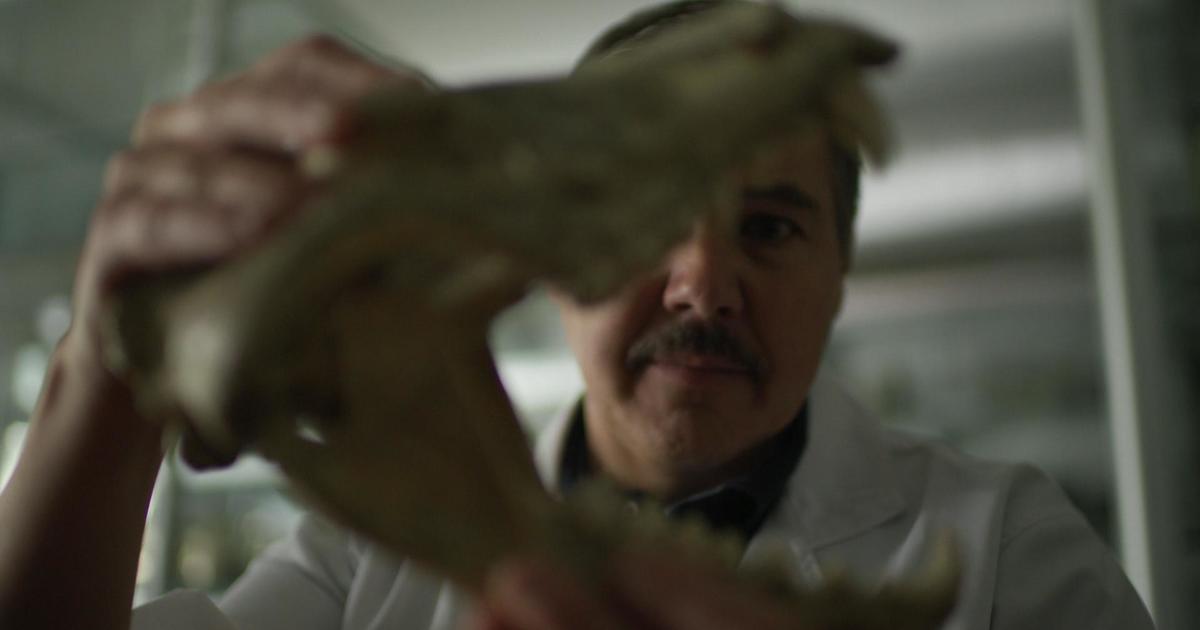How mosquitoes killed billions – and helped win the American Revolution
At any moment across the globe mosquitoes lead the news, infecting tens of thousands with disease. The mosquito has wreaked havoc on the world, killing as many as 50 billion people over the course of human existence.
Historian Timothy Winegard, author of the book "The Mosquito: A Human History of Our Deadliest Predator," is fascinated by the bug. He's especially interested in the female mosquito, because she's the one who bites and transmits disease. And he says we weren't her only prey.
"70% of dinosaur species regionally were either extinct or endangered by the time the meteor crashes into the Yucatan Peninsula," Winegard told Michelle Miller for "CBS This Morning: Saturday." "Certain dinosaur species were already extinct or endangered from mosquito-borne and sand fly-borne diseases."
But Winegard says putting man's relationship with the mosquito into context is even more mind-blowing.
"We think we get to make our own history and that's not the case," Winegard said. "She was far more lethal than the minds of the most brilliant generals or man-made weapons. Disease up until the Second World War took 65% of deaths on the battlefield."
Throughout history, mosquitoes have been a weapon of war.
"Depending on immunity or where the wars were fought, one side usually benefited from her destruction of the other side," Winegard said. "And she, I mean, decided that the fate of empires and nations and countless wars. Certainly from Alexander all the way to the Second World War."
Mosquitoes likely hitched a ride aboard the Nina, Pinta and Santa Maria and thousands of slave ships that transported human cargo across the Atlantic.
"They very quickly started vectoring malaria and other diseases," Winegard said.
And slaves from Africa had immunity.
"Which is partly why they became such a lucrative commodity on the plantation systems of new world colonies," Winegard said. "European indentured servants or workers were dying in droves of mosquito-borne disease, specifically malaria and yellow fever."
Then there's the American Revolution. The forces of Generals Washington and Lafayette didn't do it by themselves.
"They had a little help," Winegard said. "Cornwallis says very clearly to his commander, General Clinton, and also in his diary that the surrender was not caused by anything, you know, the Americans or French did, but because he had roughly 35% of his troops available to fight because they were absolutely shredded by malaria in Yorktown."
So the birth of our nation we owe to the mosquito?
"Indeed. She is a founding mother of the United States," Winegard said.
Still she plagued millions of Americans from the end of the 17th century to the beginning of the 20th with malaria and yellow fever. The death toll from the yellow fever alone was more than 100,000.
CDC research entomologist Dr. John Gimnig told Miller the CDC was established in 1946 as the Communicable Disease Center. Before that, it was the Office of Malaria Control. Its mission was to protect U.S. troops from malaria.
By the mid 1950s, the U.S. curbed the spread of most mosquito-borne illnesses. DDT was our main weapon of choice. Though highly effective, it was discontinued in part for polluting the environment and possible links to cancer.
Gimnig says now the highly adaptable predator is back on the hunt gaining ground.
"We're looking for new tools," Gimnig said. "It's new chemicals, new, completely different ways of applying our-- our tools."
And as she expands her range across the planet, human defense is moving to what some describe as a form of biological warfare.
Scientist like Dr. Abdiel Martin-Park are raising male mosquitoes infected with a bacteria called wolbachia that effectively sterilizes them. Then they hope for the infected males to meet up with wild, female mosquitoes.
"When they mate, the egg is going to be dead," Martin-Park said.
Some have already questioned the ethics of such approaches, which include going even further, altering the DNA of the insect to inhibit its ability to transmit disease.
It's all on the mind of scientists who hope to someday reduce the harm produced by mosquitoes to a level people don't need to worry about.



